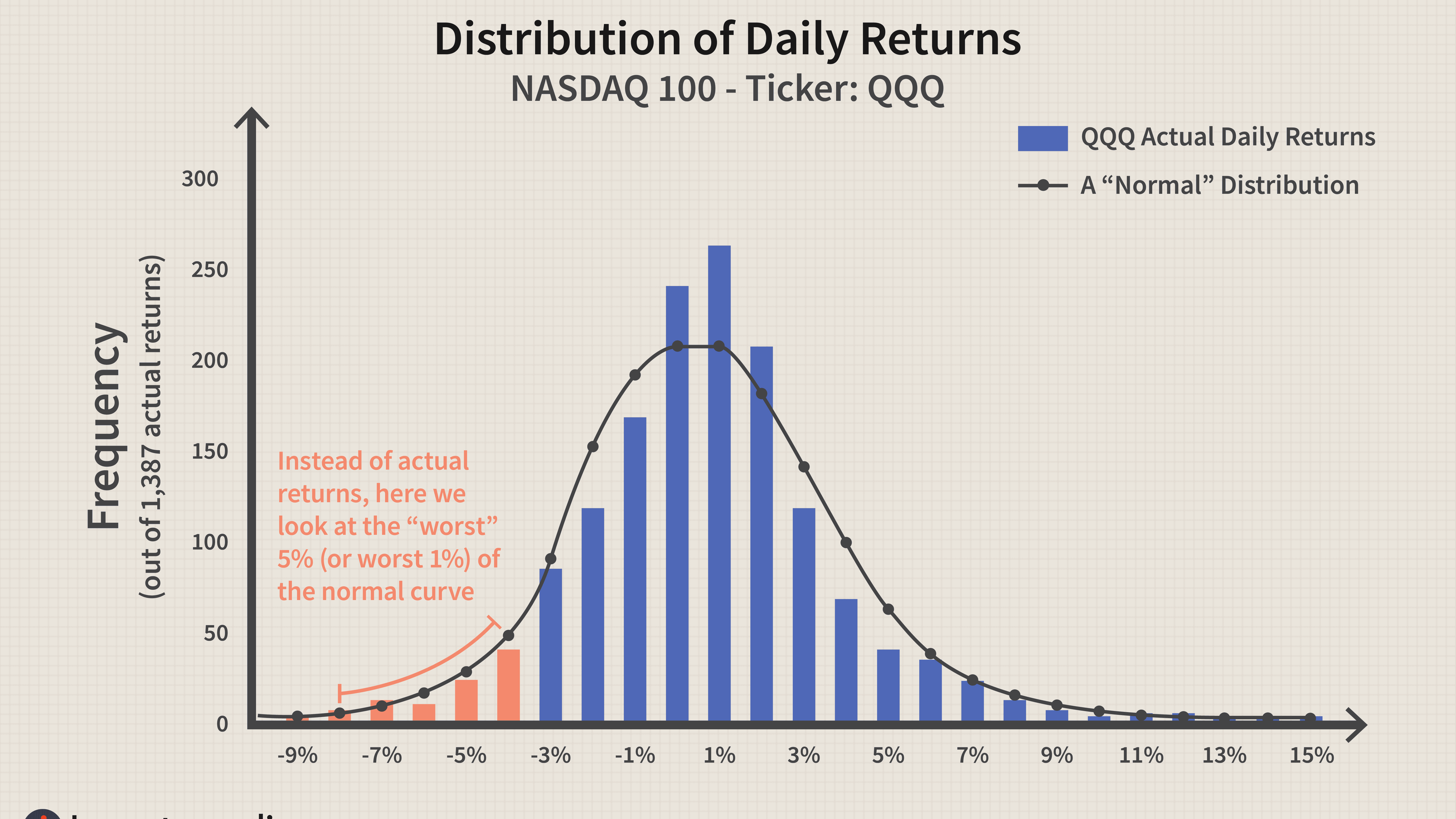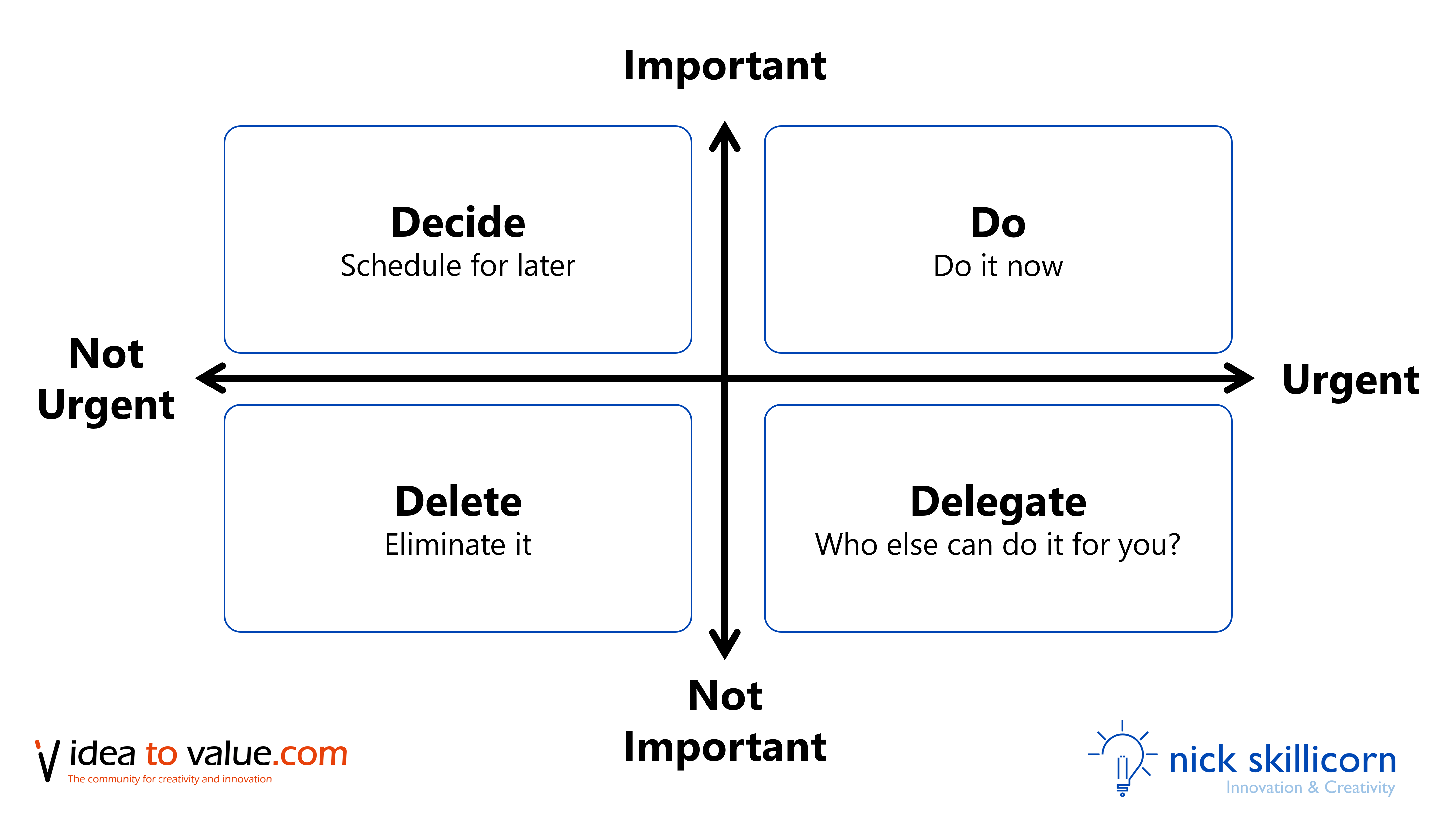
Managers at the front line are responsible for addressing unique store situations and preventing future problems. In difficult economic times, they encourage their employees to grow. In addition to these general duties, front line managers have other specific responsibilities. These include communication skills as well as employee development and customer service.
Communication skills
Managers at the front line are responsible for all employees within an organization. This requires them to have great communication skills. They should be able communicate effectively with employees and deal with a variety of personalities. Communication is essential. You must be able to communicate clearly and listen well. This requires the ability of translating complex topics into English and communicating them.
In addition to being able to effectively communicate with employees, frontline managers also must be able to effectively communicate with clients and middle managers. They must be able to communicate effectively with people in order to maintain and develop business relationships. They should also be able to demonstrate empathy and develop rapport. They must also be able to listen well and provide valuable feedback so they can address the issues appropriately.

Develop team members
Managers at the front line are responsible for managing day-to-day business operations. They need to have a wide range of skills in order to succeed. These skills can include strategic thinking and communication, emotional intelligence, and coaching. They need to be able listen, analyze and motivate others.
Front-line managers need to be able understand and measure the company's goals. They should be able identify and manage the stress levels of their team members. This will allow them to identify the most efficient ways to accomplish their tasks, and the most effective way of distributing responsibilities.
How to manage employees' behavior
Effective management includes managing employee behavior. It is also important for employee engagement. Frontline managers need to recognize the signs of stress and poor performance, and then work with HR to correct them. If employees don't meet their expectations, they should also be challenged.
Change in mindset is one of the biggest challenges faced by frontline managers. Many managers fear changing their mindset and see the limits of their job. Others, however, recognize the need for role reorganization but are hesitant to change their mindset. It is vital for companies to tackle these insidious mind-sets, such as the idea that employees are incapable of learning new things, negative attitudes toward customers, and a lack of confidence.

Managing customer service
Front line managers must be effective leaders and strong communicators in order to manage customer service. They should also have experience in customer services. A front-line manager may be promoted to human ressources or training coordinator. Or they might become the head for customer service. In the long-term, they might even be promoted to vice president or CEO.
The role of the front-line manager is to listen to customers and pass on that information to other managers. This helps reduce the distance between the company's customer and the customer, which improves the overall customer experience. As a front line manager, it is crucial to address employee concerns. For example, an employee may be slacking on their duties, or he or she may skip a shift. The front line manager should be able to deal with these situations and resolve them quickly.
FAQ
What role can a manager fill in a company’s management?
The role of a manager varies from one industry to another.
A manager is generally responsible for overseeing the day to day operations of a company.
He/she makes sure that the company meets its financial obligations, and that it produces goods or services that customers desire.
He/she ensures employees adhere to all regulations and quality standards.
He/she oversees marketing campaigns and plans new products.
How can a manager improve his/her managerial skills?
You can improve your management skills by practicing them at all times.
Managers must constantly monitor the performance of their subordinates.
You must quickly take action if your subordinate fails to perform.
It is essential to know what areas need to be improved and how to do it.
What is Kaizen?
Kaizen, a Japanese term that means "continuous improvement," is a philosophy that encourages employees and other workers to continuously improve their work environment.
Kaizen is based upon the belief that each person should be capable of doing his or her job well.
What are some common mistakes managers make?
Sometimes managers make it harder for their employees than is necessary.
They may not delegate enough responsibilities and not provide sufficient support.
Additionally, many managers lack communication skills that are necessary to motivate and direct their teams.
Some managers create unrealistic expectations for their teams.
Managers may attempt to solve all problems themselves, rather than delegating it to others.
Why is it important that companies use project management methods?
Project management techniques ensure that projects run smoothly while meeting deadlines.
This is because most businesses rely on project work for their products and services.
These projects require companies to be efficient and effective managers.
Without effective project management, companies may lose money, time, and reputation.
Six Sigma is so popular.
Six Sigma is simple to implement and can yield significant results. It provides a framework that allows for improvement and helps companies concentrate on what really matters.
Statistics
- The average salary for financial advisors in 2021 is around $60,000 per year, with the top 10% of the profession making more than $111,000 per year. (wgu.edu)
- As of 2020, personal bankers or tellers make an average of $32,620 per year, according to the BLS. (wgu.edu)
- Hire the top business lawyers and save up to 60% on legal fees (upcounsel.com)
- Your choice in Step 5 may very likely be the same or similar to the alternative you placed at the top of your list at the end of Step 4. (umassd.edu)
- Our program is 100% engineered for your success. (online.uc.edu)
External Links
How To
How do you apply the 5S at work?
Your workplace will be more efficient if you organize it properly. A clean desk, a tidy room, and a well-organized workspace help everyone stay productive. The five "S"'s (Sort. Shine. Clean. Separate. And Store) help to maximize space and ensure efficiency. This session will take you through each step and show you how they can fit into any environment.
-
Sort. You can get rid of all papers and clutter, so you don’t waste time looking for what you need. This means putting things where you use them most often. Keep it near the spot where you most often refer to it. You should also consider whether you really need to keep something around -- if it doesn't serve a useful function, get rid of it!
-
Shine. Keep your belongings tidy and organized so you can spend less time cleaning up afterwards. Anything that could cause harm or damage to others should be thrown out. If you have lots of pens, it is a good idea to find a safe place to keep them. You might consider investing in a pen holder. This is a smart investment since you won't have to lose any pens.
-
Sweep. Clean off surfaces regularly to prevent dirt from building up on your furniture and other items. You might want to purchase dusting equipment in order to make sure that every surface is as clean as possible. To keep your workstation neat, you can reserve a certain area for dusting or sweeping.
-
Separate. You will save time when disposing of trash by separating it into separate bins. To make it easy to dispose of the trash, you will find them strategically placed around the office. You can take advantage of this location and place trash bags near each bin to make it easy to find what you are looking for.